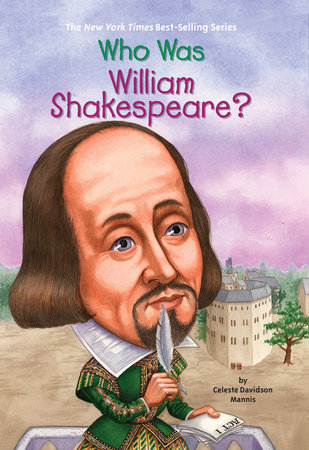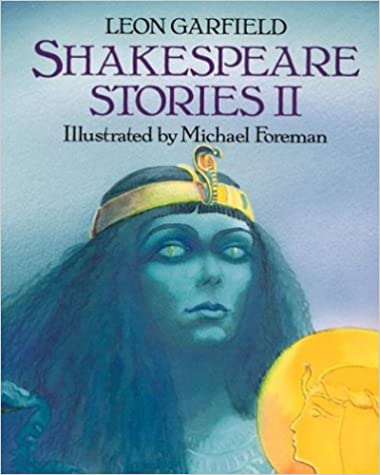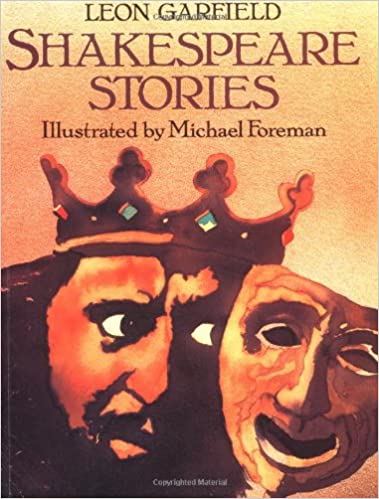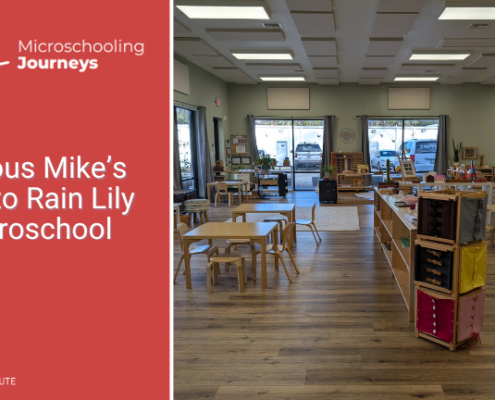To Read or Not to Read Shakespeare? 12 Great Ways to Get to Know The Bard During COVID-19
“There is no darkness but ignorance”
– Twelfth Night
With school closures impacting 50 million children across America, and a challenging transition to remote learning, many parents are seeking supplementary material to enrich their children’s academic experience during COVID-19. Fortunately, there is a wealth of information available to introduce children of all ages and reading levels to, arguably, the greatest literary figure in the English-speaking world, William Shakespeare. Playwright, poet, philosopher, The Bard, as he is known, has been credited with penning nearly 40 plays and over 150 sonnets, and coining 1,700 of the vocabulary words and phrases we use today. Below, we share a mix of accessible biographies, abridged versions of his works, and video tutorials that will cultivate interest in Shakespeare’s life, his Elizabethan era, and the wordsmithing craft that he perfected.
The Shakespeare Stories Collection – 16 Books
Retellings of sixteen of Shakespeare’s most beloved plays. This is a great introduction for young readers age 6 and up.
Who Was William Shakespeare?
 Explore the origin story of the world’s greatest playwright, from his time in Stratford to a career in theater in London.
Explore the origin story of the world’s greatest playwright, from his time in Stratford to a career in theater in London.
Bard of Avon: The Story of William Shakespeare
 This nonfiction picture book covering his life, his times, and his theater, is best enjoyed by children ages 4-6.
This nonfiction picture book covering his life, his times, and his theater, is best enjoyed by children ages 4-6.
Shakespeare Stories
Author Leon Garfield carefully transforms twelve of the playwright’s plays into stories, and includes vivid illustrations to capture readers’ imagination.
Shakespeare Stories II
 And when the first book leaves your kids clamoring for more, you can move on to the second volume, for nine additional plays: Much Ado About Nothing, Julius Caesar, Antony and Cleopatra, Measure for Measure, As You Like It, Cymbeline, King Richard the Third, The Comedy of Errors, and The Winter’s Tale.
And when the first book leaves your kids clamoring for more, you can move on to the second volume, for nine additional plays: Much Ado About Nothing, Julius Caesar, Antony and Cleopatra, Measure for Measure, As You Like It, Cymbeline, King Richard the Third, The Comedy of Errors, and The Winter’s Tale.
Tales from Shakespeare
This volume, first published in 1807, includes accessible adaptations of all of Shakespeare’s comedies and tragedies.
And AFTER you have read all of these works with your children, be sure to watch these helpful Sparknotes videos to reinforce concepts, such as character development, plot, setting, and important themes.
Get Our COVID-19 News, Tips & Resources!
Read related content:
























